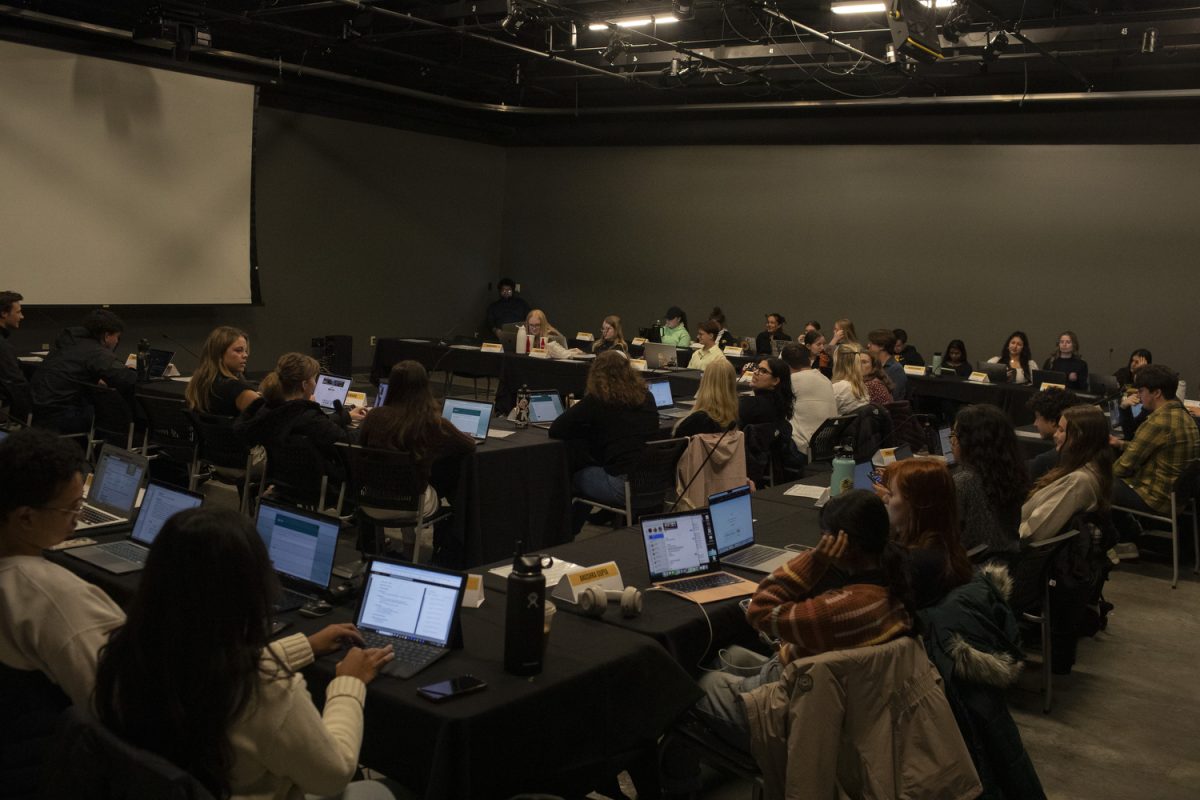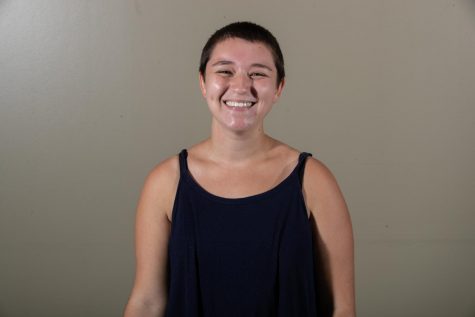A study published by the University of Iowa Injury Prevention Research Center in March found that deaths caused by prescription drugs in Iowa have quadrupled since 1999, making Iowa one of only four states with such a dramatic increase.
In light of this epidemic, Johnson County Drug Task Force Investigator Ben Hektoen noted it’s more important than ever for people to dispose of dangerous materials in a secure place.
Iowa City and the Drug Enforcement Administration teamed up on National Prescription Drug Take Back Day to keep prescription drugs and needles out of the environment and the wrong hands.
The Iowa City Police Department and the DEA set up a station for people to drop off unwanted and expired pills and needles at the East Side Recycling Center on Oct. 28 from 10 a.m. to 2 p.m.
RELATED: Experts talk solutions to opioid crisis in Iowa
The event had a great turnout from the beginning, Resource Management Superintendent Jennifer Jordan said. At least 12 people showed up in the first 20 minutes, toting bags of pill bottles and boxes of needles to drop off.
Jordan noted part of these events’ success come from the publicity the city gives them.
“The city has done these events off and on since 2009, with both the sharps and the pharmaceuticals, so these big publicized events are a good way to draw people’s attention to it,” she said.
The drop-off was also anonymous, which made people who might have otherwise not brought anything in more comfortable, Hektoen said.
“Maybe they have prescriptions that don’t belong to them, or they came into the prescriptions by illegitimate means,” Hektoen said. “We just want to encourage people to not worry about repercussions or anything like that for bringing stuff in.”
In light of the current epidemic, Hektoen noted it’s more important than ever for people to dispose of dangerous materials in a secure place.
“Obviously, the nation has been dealing with an opioid crisis that has been fueled by prescription abuse, so this is an opportunity for people to turn in those prescriptions that might otherwise fall into addicts’ hands,” he said.
RELATED: UI research leads to road map for combating opioid crisis
UI freshman Holly Hemann, who has a prescription for chronic pain, said that prescription drug abusers just make it harder for people who actually need prescriptions to get them.
“It doesn’t affect just the people abusing [prescription drugs], it affects everyone who might need them,” Hemann said. “It makes doctors not prescribe them as often, so people who actually need it can’t get it because there’s such an abuse problem.”
The environment is also affected by careless disposal of prescription drugs, Jordan said. Just throwing pills and sharps in the trash makes the landfill unsafe, both for people who work in the landfill and anyone whose water could be contaminated by a leak.












